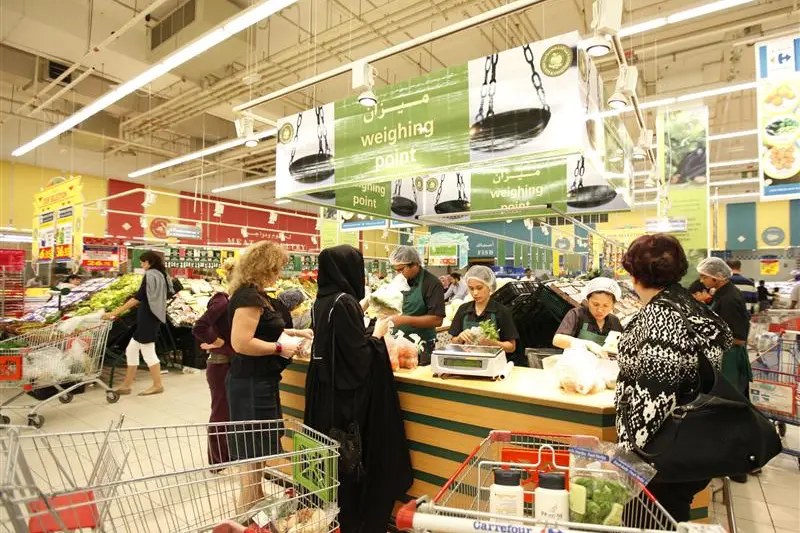PHOTO
DOHA: Essential food items, and socially-sensitive sectors such as healthcare and education are among some segments expected to be exempted from the GCC's proposed valued-added tax (VAT) regime, market insiders revealed.
The GCC-member countries have agreed in principle to introduce VAT across the region from January 2018. The approval of the GCC VAT means that the countries and the business enterprises operating in them will face a tight timeline of 18 months to prepare for the opening phase of VAT implementation by January 1, 2018.
It is expected that the rate will be low, Marmore Mena Intelligence, a research subsidiary of 'Markaz' has said.
The complete details of the process are not yet public, and it is not fully clear whether all the member states will introduce the tax on January 1, 2018. As a general consumption tax, VAT will apply to the majority of commercial transactions in goods and services.
When VAT goes into effect, it will mean that businesses will be responsible for diligently documenting their revenue and costs and related VAT charges.
Registered businesses and traders will apply VAT to all of their clients or customers at the prevailing rate and incur VAT on goods/services they purchase from suppliers.
Businesses that meet a certain minimum annual turnover specification will have to register for VAT. Small businesses will not have to face the rigorous documentation and reporting that a tax regime like VAT needs. The businesses that offer goods and services that are not subject to VAT, will not have to register with the government.
Traders oblivious of proposed tax
Meanwhile, market enquires revealed retailers and traders in Qatar are largely oblivious of the proposed tax. On the question about VAT and its ramifications on their businesses, most of the top executives of leading hypermarkets in Qatar seemed to have been caught off-guard. Others were not sure which department would deal with tax issues. But mostly, the finance and accounts departments chose to answer the question as best as they could.
Billy Abraham, Accounts Manager of Family Food Centre, said they had received no intimation about VAT either from the authorities concerned or the company's auditors. In case the tax is introduced, the IT department would have to be pressed into service to make the necessary preparations.
© The Peninsula 2016





















